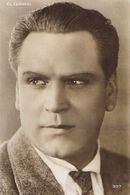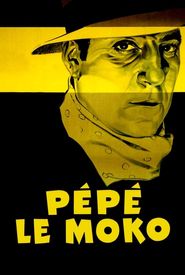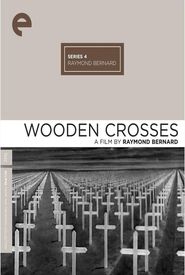Person Biography:
Gabriel Gabrio, the youngest of at least sixteen children, was born in Reims in 1887. His father worked at the Pommeray Champagne cellars, but Gabrio's true passion lay in the world of theater, not in the famous French sparkling white wine. At the tender age of seven, he became fascinated with puppet theater, a fascination that would stay with him throughout his life.
After completing his apprenticeship as a stained glass window painter, Gabrio made his stage debut at the Casino in his hometown of Reims. He continued to hone his craft, playing at the Kursaal for five years, before World War I interrupted his career. As a soldier, Gabrio found a way to continue performing, entertaining the troops for the entire four years of the conflict.
Following the war, Gabrio returned to civilian life and began his career in Paris, performing at various theaters, including the Théâtre des Ambassadeurs, Gaîté Rochechouart, Comédie Montaigne, Gymnase, Odéon, and Marigny. He appeared in plays by renowned playwrights such as Shaw, Shakespeare, Bernstein, and de la Fouchardière, among others.
In 1924, Gabrio's career took a new turn when he was cast in his second film, 'Les Misérables', playing the iconic role of Javert, the relentless policeman who pursues Jean Valjean. This role catapulted him to stardom, and from 1928, he began to work internationally, starring in German, English, and Spanish films.
Despite the commercial nature of many of his films, Gabrio's performances in classics such as 'Les Croix de Bois', 'Lucrèce Borgia', 'Pépé le Moko', and 'Les Visiteurs du Soir' are still remembered today. His memorable roles included tough characters, such as the grumpy soldier, the redoubtable Cesare Borgia, the executioner, and the last inhabitant of Aubignane who revives his dying village in Marcel Pagnol's 'Topaze'.
Gabrio's poor health forced him to retire prematurely, and he spent his later years in the village of Berchères-sur-Vesgre, in western France, where a street was later named in his honor. He passed away in 1946 at the age of 59, leaving behind a legacy that is still unjustly forgotten, and his 'hefty' contribution to French cinema deserves to be re-evaluated.





















